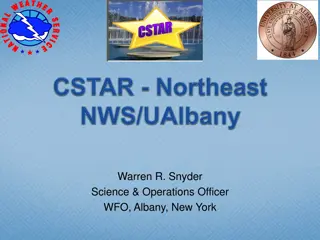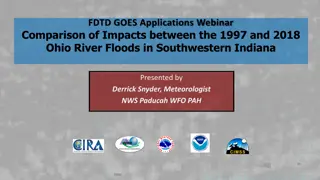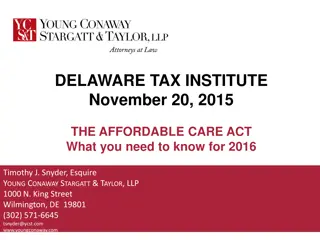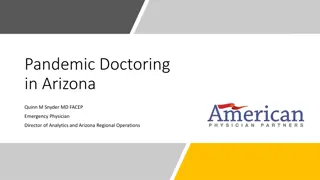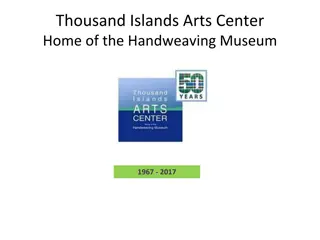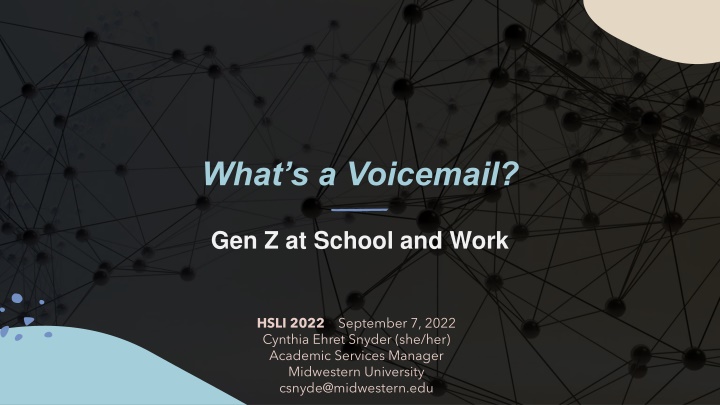
The Unique Characteristics of Generation Z in Communication and Education
Explore the distinct attributes of Generation Z, focusing on their slow life strategy, mental health concerns, communication preferences, and immediate gratification habits. Discover how educators can adapt to bridge the gap between Gen Z's lived experiences and future professional needs.
Download Presentation

Please find below an Image/Link to download the presentation.
The content on the website is provided AS IS for your information and personal use only. It may not be sold, licensed, or shared on other websites without obtaining consent from the author. If you encounter any issues during the download, it is possible that the publisher has removed the file from their server.
You are allowed to download the files provided on this website for personal or commercial use, subject to the condition that they are used lawfully. All files are the property of their respective owners.
The content on the website is provided AS IS for your information and personal use only. It may not be sold, licensed, or shared on other websites without obtaining consent from the author.
E N D
Presentation Transcript
Whats a Voicemail? Gen Z at School and Work HSLI 2022 September 7, 2022 Cynthia Ehret Snyder (she/her) Academic Services Manager Midwestern University csnyde@midwestern.edu
Jean Twenge (2017) says those born between 1995 and 2012 (Gen Z, iGen) are distinct from every previous generation how they spend their time and how they behave attitudes toward religion, sexuality, and politics socialize in completely new ways reject once sacred social taboos want different things from their lives and careers obsessed with safety and fearful of their economic futures have no patience for inequality based on gender, race or sexual orientation suffering worst mental health crisis in decades
Attributes of Gen Z Slow life strategy Mental health Communication
Communication Janssen and Carradini (2021) An always-on, always-available technology environment has dramatically changed the communication methods and expectations of young people, particularly those in Gen Z.
Attributes of Gen Z Slow life strategy Mental health Communication Autonomous Immediate gratification
Immediate gratification and information literacy It is imperative that educators bridge the gap between our current students lived experiences and their future professional environment. (Lerchenfeldt et al., 2021) Not just click here but: information management skills critical thinking determining credibility of sources EBP skills
Attributes of Gen Z Slow life strategy Mental health Communication Autonomous Immediate gratification Prefer definition Expect flexibility Hyper-custom Financially focused Entrepreneurial Diverse and socially progressive
Bibliography Eckleberry-Hunt, J., Lick, D., & Hunt, R. (2018). Is Medical Education Ready for Generation Z? Journal of Graduate Medical Education, 10(4), 378 381. https://doi-org.mwu.idm.oclc.org/10.4300/JGME-D-18-00466.1 Ganguli R, Padhy SC, Saxena T. The Characteristics and Preferences of Gen Z: A Review of Multi-Geography Findings. IUP Journal of Organizational Behavior. 2022;21(2):79-98. Accessed August 12, 2022. https://search-ebscohost- com.mwu.idm.oclc.org/login.aspx?direct=true&AuthType=cookie,ip,uid&db=bsh&AN=157309311&site=ehost-live&scope=site Janssen, D., & Carradini, S. (2021). Generation Z Workplace Communication Habits and Expectations. IEEE Transactions on Professional Communication, 64(2), 137 153. https://doi-org.mwu.idm.oclc.org/10.1109/TPC.2021.3069288 Johnson, D. B., & Sveen, L. W. (2020). Three Key Values of Generation Z: Equitably Serving the Next Generation of Students. College and University, 95(1), 37 40. Lee, C. C., Aravamudhan, V., Roback, T., Hyoun Sook Lim, & Ruane, S. G. (2021). Factors Impacting Work Engagement of Gen Z Employees: A Regression Analysis. Journal of Leadership, Accountability & Ethics, 18(3), 147 159. https://doi-org.mwu.idm.oclc.org/10.33423/jlae.v18i3.4414 Lerchenfeldt, S., Attardi, S. M., Pratt, R. L., Sawarynski, K. E., & Taylor, T. A. H. (2021). Twelve tips for interfacing with the new generation of medical students: iGen. Medical Teacher, 43(11), 1249 1254. https://doi-org.mwu.idm.oclc.org/10.1080/0142159X.2020.1845305 Miller, J. (2018). 10 Things You Need to Know about Gen Z. HR Magazine, 63(7), 50 56. Paggi, R., & Clowes, K. (2021). Managing Generation Z How to Recruit, Onboard, Develop, and Retain the Newest Generation in the Workplace. Quill Driver Books. Plochocki, J. H. (2019). Several Ways Generation Z May Shape the Medical School Landscape. Journal of Medical Education and Curricular Development, 6, 2382120519884325. https://doi-org.mwu.idm.oclc.org/10.1177/2382120519884325 Riley, J., & Nicewicz, K. (2022). Connecting with Gen Z: Using Interactive Improv Games to Teach Soft Skills. Marketing Education Review, 32(2), 97 104. https://doi-org.mwu.idm.oclc.org/10.1080/10528008.2022.2041440 Schroth, H. (2019). Are You Ready for Gen Z in the Workplace? California Management Review, 61(3), 5 18. https://doi- org.mwu.idm.oclc.org/10.1177/0008125619841006 Schwieger, D., & Ladwig, C. (2018). Reaching and Retaining the Next Generation: Adapting to the Expectations of Gen Z in the Classroom. Information Systems Education Journal, 16(3), 45 54 Seemiller, C., & Grace, M. (2016). Generation Z goes to college. John Wiley & Sons. Seibert, S. A. (2021). Problem-based learning: A strategy to foster generation Z s critical thinking and perseverance. Teaching & Learning in Nursing, 16(1), 85 88. https://doi-org.mwu.idm.oclc.org/10.1016/j.teln.2020.09.002 Shatto, B. (2017). Teaching Millennials and Generation Z: Bridging the Generational Divide. Creative Nursing, 23(1), 24 28. https://doi- org.mwu.idm.oclc.org/10.1891/1078-4535.23.1.24 Smedstad, S., & LaMotte, S. (2022). In Their Shoes: How To Engage and Attract Gen Z? How today s world is influencing career, job search, content, and channel preferences of students and recent grads. Talent Acquisition Excellence, 10(7), 26 29. Stillman, D., & Stillman, J. (2017). Gen Z@ Work: How the next generation is transforming the workplace. HarperCollins. Twenge, J. M. (2017). iGen: Why today's super-connected kids are growing up less rebellious, more tolerant, less happy--and completely unprepared for adulthood--and what that means for the rest of us. Simon and Schuster.

